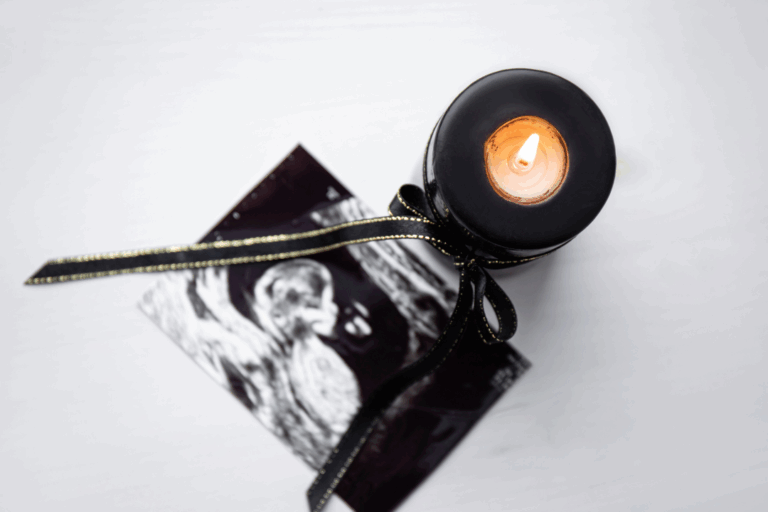Feeding your premature baby in the Neonatal Intensive Care Unit (NICU) is an extraordinary journey that requires some patience, persistence, and a lot of gentle guidance. Understandably, the NICU can be an overwhelming environment for parents. But you can rest assured that the NICU staff is dedicated to supporting you and your premature baby’s feeding journey.
I’m Kath Megaw and as a Clinical Paediatric Dietician, I’ve worked with thousands of prem families and NICU staff to establish healthy, realistic feeding goals over the last 20 years. In this article, my goal is to offer you valuable information and insights into how the NICU staff progresses feeding in the NICU. I’ll summarise the whole journey from Total Parenteral Nutrition (TPN) to Nasogastric Tube Feeding (NGT), followed by oral feeds through a bottle or breastfeeding. We will also discuss how NICU feeding therapists, dietitians, and lactation therapists play a vital role in facilitating your prem baby’s feeding transition process.
Transitioning from TPN to NGT Feeding
Initially, when your baby enters the NICU, they may receive nutrients intravenously through TPN or Total Parenteral Nutrition. This provides very premature or unwell babies with essential nutrition while their digestive system is still developing.
As your baby develops and grows, the NICU staff will gradually introduce NGT or Nasogastric Tube feeding. This involves placing a small tube through the nose or mouth into the stomach to provide milk or formula. The NICU dietitian will work closely with you to determine the appropriate type and amount of breastmilk/formula for your baby’s unique needs.
While you might be overwhelmed and feeling a flood of different emotions, parental involvement is always encouraged. Throughout this transitional process, you can actively participate in feeding your premature baby by learning how to handle and administer NGT feeds under the guidance of the NICU staff. The feeding therapists will teach you the proper techniques and help address any concerns you may have.
Introducing Oral Feeds
As your baby grows stronger and demonstrates readiness, the NICU staff will introduce bottle feeding. This involves transitioning from NGT feeds to oral feeds using a specialised bottle. The feeding therapists will assess your baby’s feeding skills and work with you to develop a feeding plan. They will guide you on pacing, positioning, and techniques to ensure successful bottle feeding.
In NICUs where parents are allowed to room in, establishing breastfeeding becomes an important goal. The NICU lactation therapists will provide invaluable support and guidance throughout this process. They will help initiate breastfeeding by assisting with latching, positioning, and promoting milk supply. They can also offer advice on techniques like skin-to-skin contact and pumping to stimulate milk production.
Patience is key when it comes to the prem baby’s feeding journey. Feeding, at any age, is a development process. The NICU staff will implement a gradual transition from bottle feeding to breastfeeding. This allows your baby to adapt to the breast gradually while ensuring they receive adequate nutrition. The feeding therapists and lactation therapists will monitor your baby’s progress, address any challenges, and provide ongoing support and education.
Support to feed your baby in the NICU
Feeding your premature baby has its challenges but the professionals are there to guide you. NICU Feeding Therapists, Dietitians, and Lactation Therapists in NICU have an important role to play in your baby’s feeding. You can rely on them to guide the process and support you and your baby along the way. Here’s an overview of each of their roles:
NICU Feeding Therapists
These professionals specialize in assessing and supporting infants’ feeding skills. They collaborate with parents, NICU staff, and other healthcare providers to develop personalised feeding plans. They offer strategies for safe and efficient feeding, address oral motor difficulties, and promote feeding success.
NICU Dietitians
Dietitians play a crucial role in determining appropriate feeding regimens for infants in the NICU. They assess your baby’s nutritional needs, monitor growth, and ensure they receive the necessary nutrients for optimal development. Dietitians work closely with parents to provide education and support regarding feeding choices and modifications.
NICU Lactation Therapists
Lactation therapists specialize in supporting breastfeeding mothers and their babies. They provide education, counseling, and hands-on assistance with breastfeeding techniques. Lactation therapists are a valuable resource for resolving breastfeeding challenges, maintaining milk supply, and ensuring a positive breastfeeding experience.
Transitioning from TPN to NGT feeds and subsequently introducing oral feeds is a crucial step in your baby’s progress towards discharge from the NICU. The dedicated team of NICU feeding therapists, dietitians, and lactation therapists are there to support and guide you throughout this process. Embrace their expertise, ask questions, and actively participate in your baby’s feeding journey.
Remember, with their help, your little one will soon develop the skills necessary for successful oral feeding, setting the stage for a healthy and thriving future.








